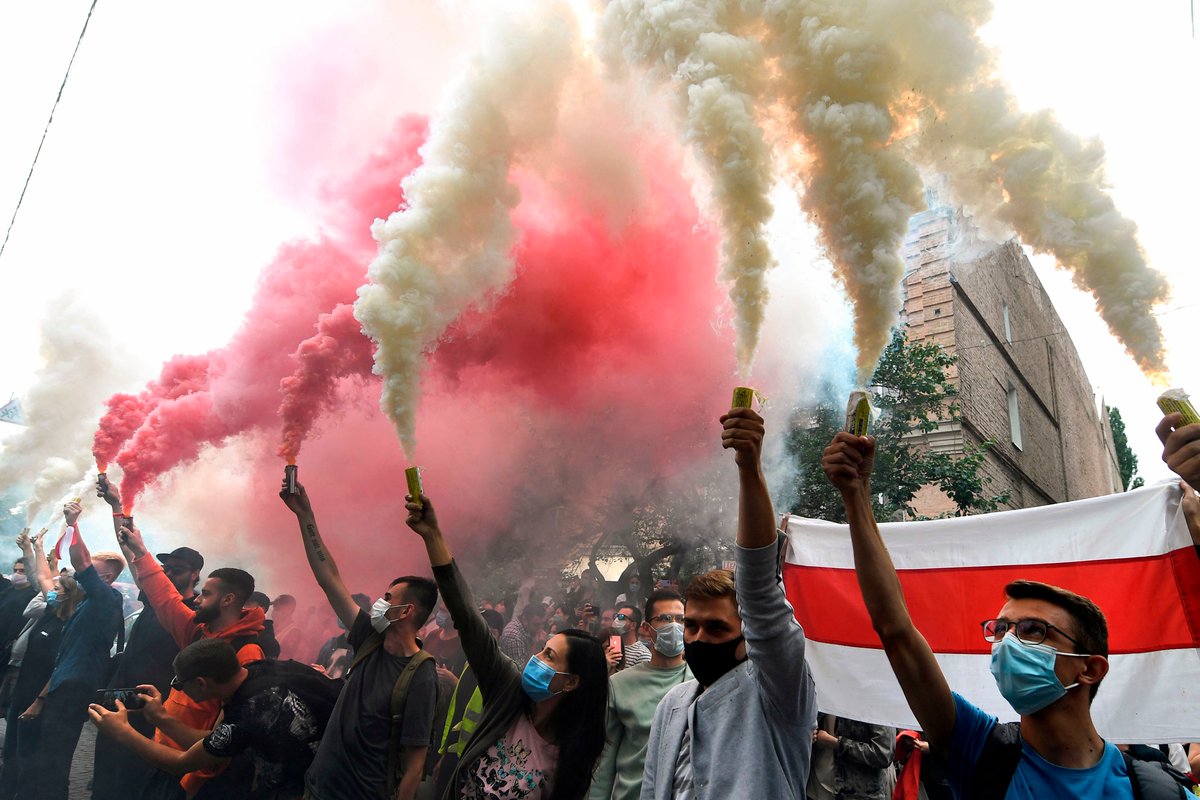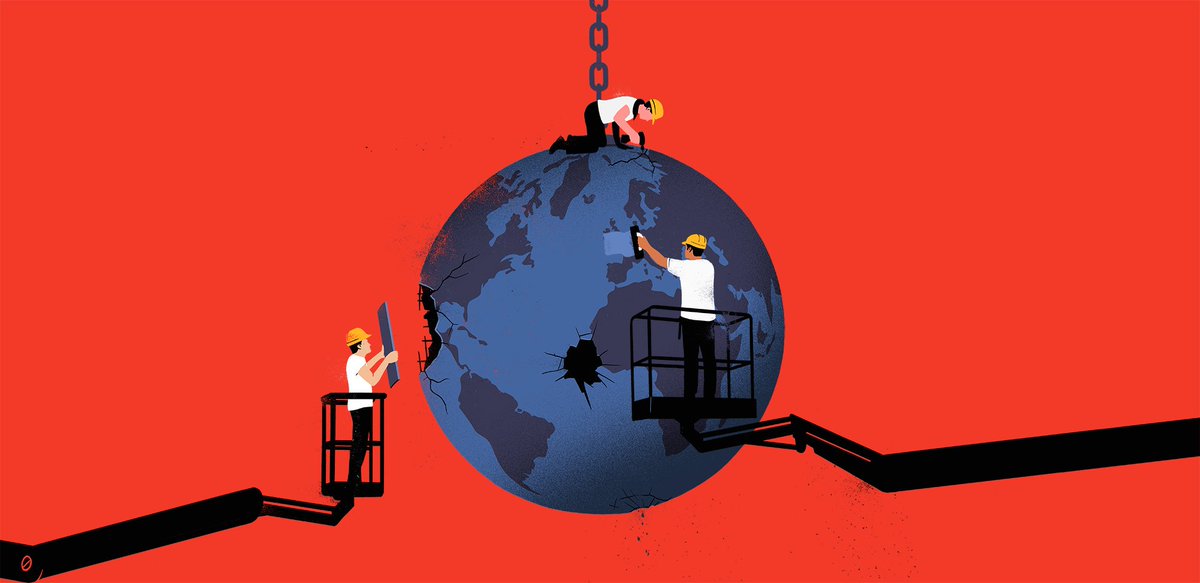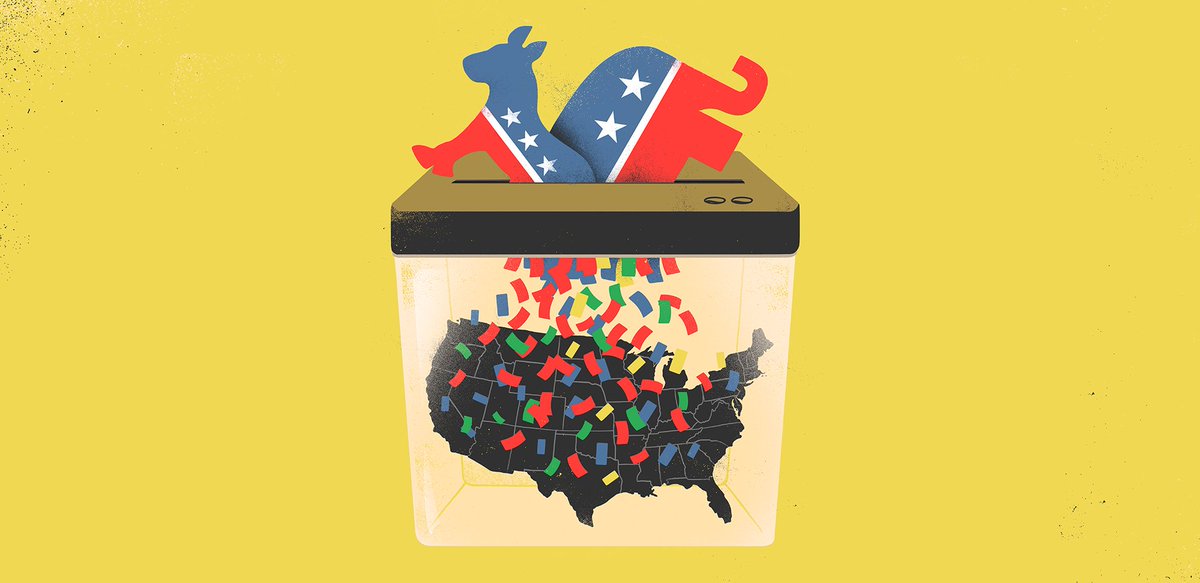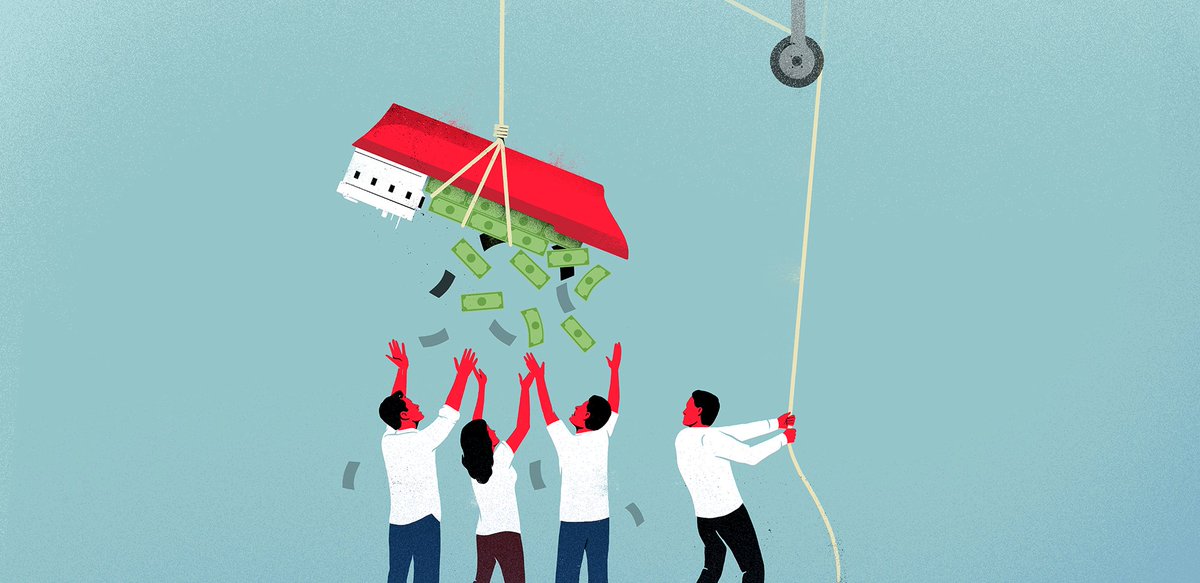
Looking for fall reading material to cozy up to? We’ve rounded up a list of books that cover the most current thought-provoking issues around the world. [Thread.]
foreignpolicy.com/category/revie…
foreignpolicy.com/category/revie…

2/ Last fall, @YashicaDutt reviewed Isabel Wilkerson’s “Caste: The Origins of Our Discontents,” a book about racial hierarchies in the United States—arguing it overlooks the notably similar system in India.
foreignpolicy.com/2020/09/17/cas…
foreignpolicy.com/2020/09/17/cas…
3/ “Places of Mind: A Life of Edward Said” by Timothy Brennan outlines the life of the literary theorist and foreshadows some of today’s Israel-Palestine policy.
foreignpolicy.com/2021/06/05/edw…
foreignpolicy.com/2021/06/05/edw…
4/ On that same note, Jessi Jezewska Stevens reviewed “The Netanyahus” by Joshua Cohen, providing insight into Israel’s longest-serving prime minister’s family.
foreignpolicy.com/2021/06/19/how…
foreignpolicy.com/2021/06/19/how…
5/ Quinn Slobodian wrote about “Unwitting Architect: German Primacy and the Origins of Neoliberalism” by Julian Germann, which analyzed Germany’s outsized role in creating the economic systems of today.
foreignpolicy.com/2021/03/26/ger…
foreignpolicy.com/2021/03/26/ger…
6/ Emma Southon’s book about a murder in ancient Rome, “A Fatal Thing Happened on the Way to the Forum,” both humanizes the Romans and alienates us from them, writes FP’s @BeijingPalmer
foreignpolicy.com/2021/03/21/rom…
foreignpolicy.com/2021/03/21/rom…
7/ “The Outlier: The Unfinished Presidency of Jimmy Carter” by Kai Bird, according to Daniel Sargent, comprehends Carter in a new light as a moral and historical realist.
foreignpolicy.com/2021/07/24/pos…
foreignpolicy.com/2021/07/24/pos…
• • •
Missing some Tweet in this thread? You can try to
force a refresh







